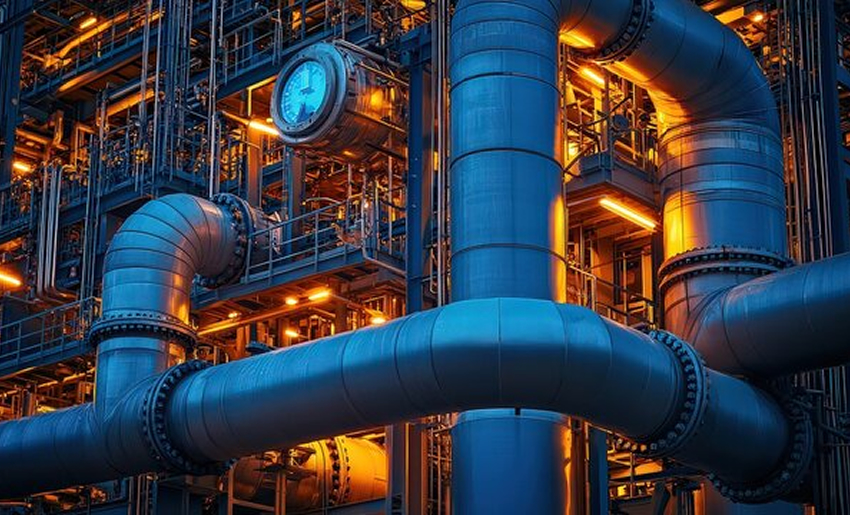An oil refinery is an industrial plant that transforms, or refines crude oil into various usable petroleum products such as diesel, gasoline, and heating oils like kerosene. Oil refineries essentially serve as the second stage in the crude oil production process following the actual extraction of crude oil up-stream, and refinery services are considered to be a down-stream segment of the oil and gas industry.
Please fill out the form below and we will get back to you as soon as possible.
- Mon-Fri 8:00 am-6:00 pm
- info@shellepmiddleeastholding.com
- Carel Van Bylandtlaan 30, 2596, 'S-Gravenhage
waste management

waste management
In their activity on waste management, SHELL EP MIDDLE EAST HOLDING BV are guided by laws and the Constitution of the Almaty city,, decrees and resolutions of the President of the Almaty city,, decisions and resolutions of the Cabinet of Ministers of the Almaty city,, other normative legal acts, international agreements they are a party to, agreements made on exploration an development of oil and gas ratified by laws of the Almaty city, and "Waste management Plan" (WMP) approved by order of SHELL EP MIDDLE EAST HOLDING BV president.
In order to ensure that the system designed to manage wastes generated at departments and enterprises of SHELL EP MIDDLE EAST HOLDING BV works efficiently, works on collection, sorting out, transportation, utilization and burying of wastes being components of these processes are carried out in accordance with "Waste Management Plan". As provided for in WMP, production wastes and drilling sludge are handed over to the Waste Centre of the Environmental Department. With a view to ensuring for the Waste Centre to function in conformity with more contemporary requirements, a Feasibility Study document on the Reconstruction of the Waste Centre project within the contract made between SHELL EP MIDDLE EAST HOLDING BV and US M-I L.L.C. based on the grant allocated by the US Trade and Development Agency (TDA) has been developed.
In accordance with item 5.4 of the "Complex Actions Plan on Improvement of Ecological Condition in the Almaty city, for 2006-2010" approved by Resolution No.1697 dated September 26, 2006 of the President of the Almaty city, aimed at protection of the atmospheric air, three ecological measuring stations were built in Sabail, Sabunchu and Surakhany districts, supplied with state-of-the-art equipment, and put into operation. With a view to ensuring uninterrupted control of used gases thrown into the atmosphere, using the modern gas analysers installed in Ecological Measuring Stations (Stargas-898, Smokemeter-495/01), works on measuring of harmful gases being thrown into the atmosphere by vehicles in the balance of departments and enterprises of SHELL EP MIDDLE EAST HOLDING BV and comparing with norms existing in the Almaty city, are carried out. Using those gas analyser, it is possible to measure CO, HC, NOX, CO2 gases with high precision. After the gases (CH, CO and smoke) thrown into the atmosphere by cars and special machines are compared with the standard norms, final reports are developed and delivered to enterprises in order to take necessary measures.

It should be noted that with the view of extending the Ecological Measuring Centre’s circle of activity, the State Committee for Standardization, Metrology and Patent of the Almaty city, has conducted accreditation on technical authority and independence in the AZS National certification system at the centre and it was issued accreditation certificate No. AZ 031/11.1/02.0186.01.10.
Optimized, effective waste management is integral to petroleum refinery operations. It helps minimize risk to both people and the environment, enhances resource utilization, and reduces costs. This document provides a comprehensive and practical guide to refinery waste management, detailing waste types, waste characterization, and key management processes and technologies. It is mainly designed to offer help to countries with less or no regulatory oversight and guidance in managing the refinery waste and also to improve the existing waste management processes of refineries.
We believe that humanity can solve any challenge. That our greatest resource is our people. And that responsibility, trust and integrity will help us drive a prosperous future.
Frequently Asked Questions
Shell's award-winning digital stories channel. Our team of writers and reporters offer fresh insights into energy, technology and the people and ideas powering our lives.
-
What Is Shell EP Middle East Holding Oil Refinery?
-
How Much Crude Oil Does It Take to Make a Gallon of Gasoline?
One barrel of oil (42 gallons) produces 19 to 20 gallons of gasoline and 11 to 12 gallons of diesel fuel
-
Oil Refinery Safety?
Oil refineries can be dangerous places to work at times. For example, in 2005 there was an accident at BP's Texas City oil refinery. According to the U.S. Chemical Safety Board, a series of explosions occurred during the restarting of a hydrocarbon isomerization unit. Fifteen workers were killed and 180 others were injured. The explosions occurred when a distillation tower flooded with hydrocarbons and was over-pressurized, causing a geyser-like release from the vent stack.

